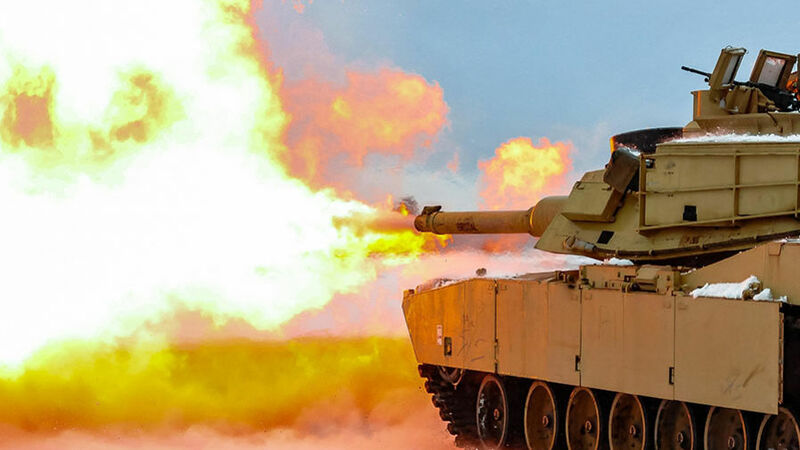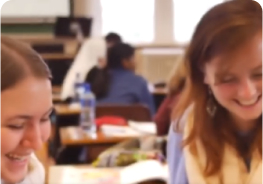Religion, Conflict and Peace
Spotlight on Research
Home / Research / Spotlight-on-research / Research-project-religion-and-conflict-religion-and-peace

Our Research Question
Too commonly, religion is offered as a major cause of violent conflict. However, can the social and personal influence of religions be wellsprings for the building of up of real peace and justice?
If you are interested in learning more, why not apply for the Masters in Theology (Christianity, Human Rights and Society)? Come learn more about how religions can be real agents in bringing about a more stable, peaceful and just world.
Research Network
Moral Theologians - Drs Suzanne Mulligan and Michael Shortall - are active contributors to the Workshop of Religion, Conflict and Peace under the auspices of the Organisation for Security and Cooperation in Europe Network of Think Tanks and Academic Institutions, alongside our colleagues at the Edward M Kennedy Institute for Conflict Intervention at Maynooth University.
The project ‘Religion and Conflict’ aims to examine aspects of religion and public policy in the OSCE region, in the light of three guiding ideas:
- The scope for ‘mapping’ religion/state relations in representative OSCE participating States.
- The role of religion and inter-religious dialogue in the conflict cycle.
- The role of a deeper dialogue inclusive of a religious perspective in creating bonds of respect and loyalty within and between societies.
Subject to the views of donors, we propose to focus on the third of these ideas, while taking into account some specific issues arising under the other two headings.
Research Workshop
On Friday the 13th April the first workshop was held on the Religion and Conflict / Religion and Peace in the John Hume Boardroom, Maynooth University. Participants came from a wide variety of backgrounds, locations and areas of expertise.
For an outline of the programme, click here.
For an Photo Gallery of the day, click here.
Research Themes: The Common Good, Solidarity and Human Rights
In the words of Dr Suzanne Mulligan
Aristotle is believed to have said that people who think they have no need for the common good are either beasts or gods. The Christian understanding of the common good helps us to avoid such a delusion. It asks us to become certain sorts of people in the world: caring, empathetic, responsible, just. We avoid descending to the level of the beasts. But nether is the Christian concept of the common good promising us a utopia, a heaven of sorts where we become gods. For some, the common good is an idea that remains beyond our reach, elusive and utopian. I would argue, however, that both the Christian faith urges, and the reasonable hopes of humanity demand, that we at least try to create a world suited not for the beasts or the gods, but one that affords all peoples the opportunity to flourish.

If you live outside Ireland, check out our dedicated area for international students.
Let’s talk
For Undergraduate queries: email admissions@spcm.ie.
For Postgraduate queries: email pgadmissions@spcm.ie.
For The Centre for Mission & Ministries queries, email: cmmadmissions@spcm.ie.
